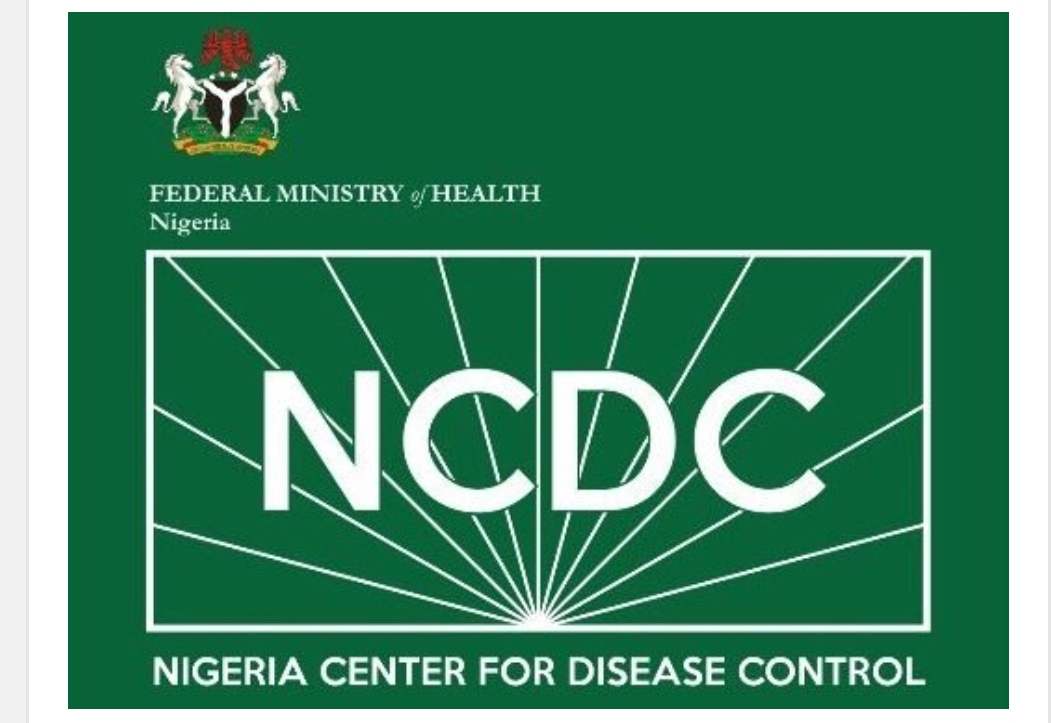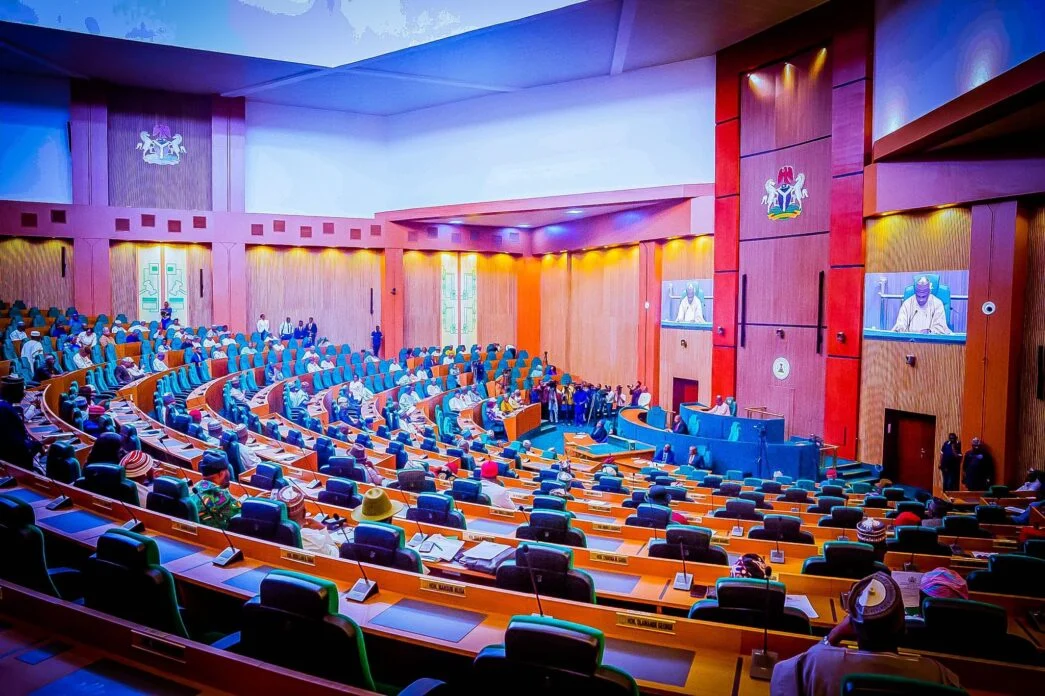Lassa Fever Outbreak Claims 118 Lives in Nigeria
Nigeria is currently grappling with a significant Lassa fever outbreak, with the Nigeria Centre for Disease Control and Prevention (NCDC) at the forefront of response efforts. The data collected between January and March 2025 paints a concerning picture, highlighting the widespread nature of the disease and the challenges in containing its spread.
According to the NCDC, a total of 3,465 suspected cases of Lassa fever were reported across 91 local government areas spanning 33 states. Of these, 645 cases were confirmed, resulting in a Case Fatality Rate (CFR) of 18.3%. This CFR indicates the severity of the outbreak and underscores the urgent need for effective intervention strategies.
One of the most alarming aspects of the outbreak is the infection of healthcare workers. Twenty healthcare professionals have been infected across multiple states, including Ondo, Bauchi, Edo, Taraba, Ebonyi, Gombe, Benue, and Ogun. The infection of healthcare workers not only diminishes the workforce available to combat the outbreak but also raises concerns about infection prevention and control (IPC) measures in healthcare facilities.
In response to the escalating crisis, the NCDC has taken several proactive measures. These include the deployment of Rapid Response Teams (RRTs) to ten states identified as high-burden areas: Kogi, Plateau, Ondo, Edo, Bauchi, Ebonyi, Taraba, Benue, Gombe, and Nasarawa. The RRTs are tasked with supporting local health authorities in managing the outbreak, conducting surveillance, and implementing control measures. Recognizing the evolving nature of the outbreak, the NCDC extended deployments in Edo and Taraba by an additional 10 and 7 days, respectively.
The Director General of the NCDC, Dr. Jide Idris, emphasized the agency's commitment to strengthening outbreak control through the activation of the Lassa Fever National Emergency Operations Centre (LF-EOC) at Response Level 2. This activation is intended to improve coordination among all stakeholders, including federal, state, and local governments, as well as developmental partners. Enhanced coordination is crucial for ensuring a unified and effective response.
In addition to coordination efforts, the NCDC has distributed essential medical supplies, including personal protective equipment (PPEs) and treatment medications, to affected states. PPEs are vital for protecting healthcare workers and preventing further infections. The availability of treatment medications can improve patient outcomes and reduce the CFR.
Despite these efforts, the NCDC acknowledges several challenges that hinder response efforts. Weak community-level surveillance impedes early detection of cases, making it difficult to contain the spread of the disease. Inadequate human and financial resources for treatment, contact tracing, and active case search at both state and community levels further strain response capabilities. Workforce shortages in treatment centers exacerbate these challenges. Many patients delay seeking care, often resorting to self-medication and unorthodox practices, which ultimately prove ineffective and contribute to higher mortality rates.
Dr. Idris appealed to state governments to support the cost of treatment for Lassa fever and similar diseases, highlighting the financial burden on affected individuals and families. He also emphasized the critical role of the private sector in ensuring the provision of essential medical supplies and supporting public health awareness initiatives. Preventing Lassa fever requires collective action, with every Nigerian playing a role in reducing the spread of the virus.
The NCDC reiterated the importance of maintaining proper hygiene practices to prevent rat infestations in homes, food storage areas, and utensils, emphasizing that environmental cleanliness remains one of the most effective means of preventing Lassa fever outbreaks. The agency will continue to monitor the situation closely and urged Nigerians to seek medical attention immediately if they experience symptoms such as fever, headache, sore throat, vomiting, or unexplained bleeding.
In summary, the Lassa fever outbreak in Nigeria presents a complex public health challenge that requires a coordinated and sustained response. The NCDC is working to strengthen surveillance, improve coordination, and provide essential resources to affected states. Addressing the challenges of weak community-level surveillance, inadequate resources, and delays in seeking care is crucial for effectively controlling the outbreak and reducing mortality rates. Collective action from all stakeholders, including government, healthcare providers, the private sector, and the general public, is essential for preventing the spread of Lassa fever and protecting the health of Nigerians.








